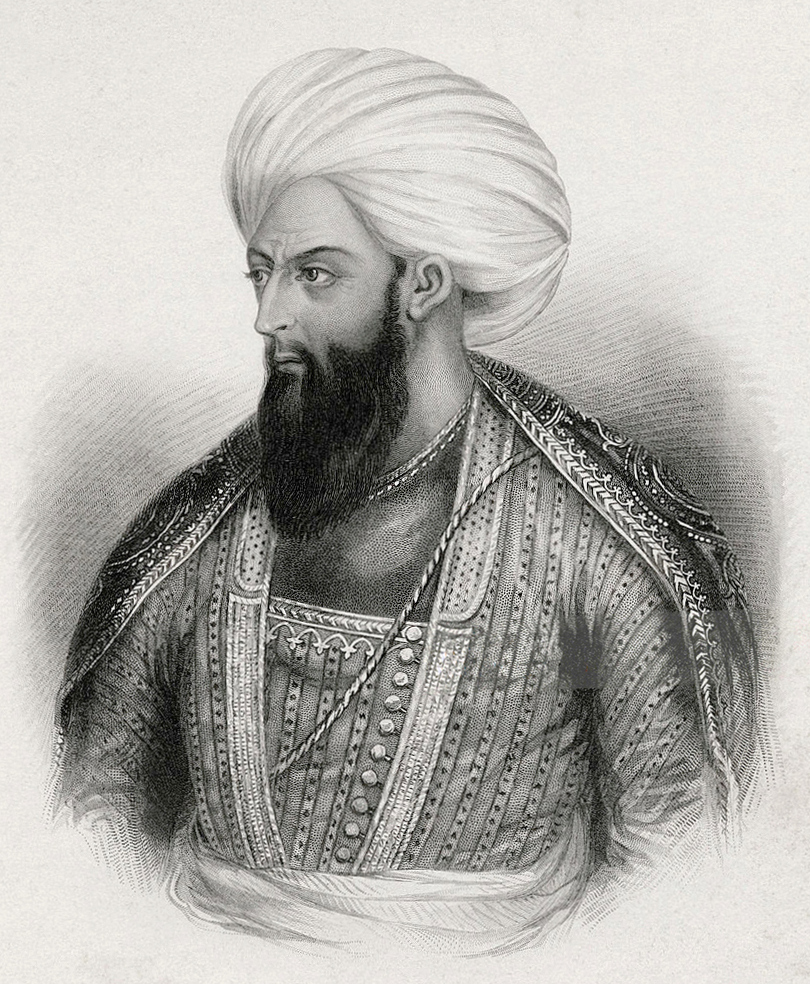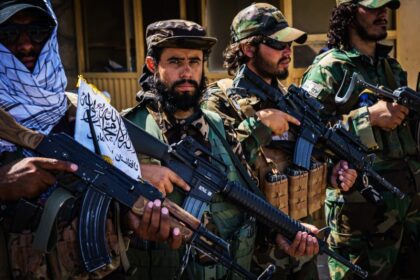The political events in the history of the country bear witness to the fact that trust in tribal leaders by other tribes has been a costly and repetitive mistake. Tribal rulers have not only failed to uphold their commitments, but they have also jeopardized the lives of thousands by abandoning their responsibilities. Amir Dost Mohammad Khan Barakzai, known as a cowardly and opportunistic king, deserted the country in favor of the invading British forces in 1839 after the attack and assistance of Shah Shuja. He fled towards Bamiyan through the Kotal-e Oni and took himself to Bukhara. The invading British forces introduced their puppet king, Shah Shuja, in Kabul and moved their troops to various provinces across the country. Sir William Macnaghten, the representative and ambassador of Britain, effectively controlled all government affairs, including the dismissal and appointment of ministers and officers, budget and taxation, punishment and retribution, and everything else.
According to Mir Gholam Mohammad Ghobar’s account, his royal court was guarded by English protectors, and no citizen of the country was allowed to see the king without permission from the British. The captivity of Shah Shuja and the increasing capabilities of the English awakened the consci established in the northern provinces of the country, especially Parwan and Kapisa. The Kohistan people of Kapisa province rose up against this oppression under the leadership of the famous fighter of this land, Mir Masjidi Khan, and the people of Nijrab city in this province rallied under the leadership of Sultan Mohammad Khan Nijrabi and took control of all the fortresses in the province by military means. Meanwhile, the fronts of the people in various provinces against the British intensified day by day, and in every corner of this geography, freedom-loving people stood up against the invading British forces and their puppet king, Shah Shuja.
According to the book “Afghanistan in the Path of History,” the fugitive king, Amir Dost Mohammad Khan Barakzai, appeared before the people once again in the summer of 1840 and returned to the homeland through the northern part of the country. The people of the northern region welcomed his return, disregarding his past escape and shameful dealings with the English, and sincerely accepted his leadership to drive the invaders out of the country.
Amir Dost Mohammad Khan, who was received by the people of the northern provinces with a cavalry of five thousand soldiers, engaged in a conflict with the English upon his return. However, he suffered defeat in the province of Bamiyan and withdrew from the war once again.
According to Ghobar’s account, as soon as the fugitive and defeated Amir heard that the people of Parwan and Kapisa provinces were at war with the enemy, he moved towards the Kohistan of Kapisa.
The British, who had deployed fresh troops to suppress the northern fighters, were greatly fearful of the bravery of the fighters of this land and burned down all the people’s fortresses along the way. According to the account of Ghobar, as soon as the northern fighters became aware of the increasing number of the invading British forces, Sultan Mohammad Khan Nijrabi was sent to the city of Nijrab to gather new mujahideen. However, Mir Masjidi Khan remained at his position as the center of leadership for the northern fighters, relentlessly engaging the invading British forces in battle. The British army, who had lost the courage to advance against these brave warriors, retreated.
The leader of the northern people, Mir Masjidi Khan, despite being injured in this battle, went to Nijrab and after a while returned to Golbahar, raising the blue banner of jihad. Meanwhile, Amir Dost Mohammad Khan, who had been warmly welcomed by the people of Nijrab after joining forces with them, moved towards Parwan province with the mujahideen forces. Mir Masjidi Khan, with the people’s support, also welcomed him as a prince and a national leader. Under the banner of a thousand selfless fighters, Amir Barakzai, the leader of the brave warriors, set the national army in motion.
According to the account of Ghobar, in November of 1840 AD, the national army launched an attack against the enemy Force in Parwan, destroying three British cavalrymen and injuring and killing several high-ranking officers on the battlefield. After this defeat, the British army retreated from the city of Charikar and Macnaghten tried to negotiate and find a way to escape the country in Kabul with Amir Dost Mohammad Khan Barakzai. According to the account of the Afghanistani historian, while the valiant northern fighters bravely fought against the invaders, Amir Barakzai committed a great historical betrayal in the midst of their heroism, martyrdom, and leadership. As soon as Amir Barakzai saw the weakening strength of the northern people in confronting the enemy in Parwan, he suddenly disappeared from under the blue banner of these fighters and sought refuge with Macnaghten.
According to the account of Ghobar, “They couldn’t find him no matter how much they searched.” Ghobar adds, “Amir Barakzai’s insane escape from the frontlines was so secretive that not even his son, Commander Afzal Khan, knew about it.”
According to history, Amir Barakzai, along with two other companions, went to the Qala-e-Haji plain and deceived his companions, telling them to go to the market in Kabul to buy supplies for a journey to Paktia to organize forces. After isolating himself from those two individuals, Dost Mohammad Khan went alone to Kabul, reaching Macnaghten. Macnaghten, who had become fearful of the heroism and leadership of the northern fighters, was seeking a way to escape with his colonial army from Kabul. The news of Amir Dost Mohammad Khan’s return was so astonishing to him that when he learned that Amir Dost Mohammad Khan had come to his palace, he asked in complete fear and astonishment, “With Army?” But no, Amir Barakzai had abandoned his army on the battlefield and once again placed himself in the hands of the British.
Although he could have gone to the palace alongside a great army of northern fighters, taken the crown and throne with pride and freedom, and saved his country from the long-standing captivity of the colonialists, betrayal and servitude ran in his blood as an heir of the Barakzai family.
According to the contemporary history of Afghanistan, Amir Barakzai, before starting negotiations with Macnaghten, unsheathed his sword and surrendered it to the enemy. Macnaghten, upon taking the sword of Amir-dost Muhammad Khan Barakzai, said to him, “Amir Sahib, are you going to India?” Amir replied, “I have come to you now, whatever you say, I accept.” Amir, in order to bring his son back from the ranks of the northern fighters at the request of Macnaghten, sent him a letter with the title “Glasses and Knife,” returning him from the side of those brave northern warriors to his father’s palace in the English district of Kabul.
The fighters of Kapisa and Parwan, who were in the midst of victory and domination over the enemy, became aware of Amir Barakzai’s voluntary surrender to the English. They were bewildered but did not refrain from fighting. Just two days after Amir Barakzai’s surrender, they launched an attack on the enemy’s stronghold in the village of Laghmani Charikar in Parwan province. They captured the stronghold and wounded its commander, who, after recovering from his injuries, escaped to Kabul with several British officers. The English army, which was in the process of retreat from the north to Kabul, encountered the attacks of men and women from this land along the way. According to the book “Afghanistan on the Path of History,” while the women of Khwaja Chasht village watched the battlefield from a distance, the enemy had placed a hundred and one people on the battlefield, and out of fear for their lives, four Englishmen uttered the word “Islam” and the remaining English troops fled towards Kabul.






